Celtic Easter
It’s Maundy Thursday as I write. Unless you’re familiar with the liturgical calendar of Christendom, you may not have heard of it. And if you have heard of it, you may not know what it means. In some traditions, it is the night for foot washing, enacting one of the poignant moments from the last supper of Jesus prior to his crucifixion. “Maundy” is the anglicized version of the Latin mandatum, meaning “mandate” or “commandment”. It was on this night that Christ said to his disciples, "A new commandment I give to you, that you love one another; just as I have loved you, you also are to love one another." (John 13:34)
Somehow through the ages, the “moral of the story” has gotten caught up with the burgeoning of springtime in nature, pagan fertility rights, German hares that lay colored eggs and a huge season for candy sales (second only to Halloween).
As Christian Easter is a “moveable feast” with a date falling on the first Sunday following the first full moon on or after the Spring Equinox, it was never connected to an existing sacred day (as Christmas and Halloween have been). Some have speculated that pagan fertility traditions were made part of the Easter celebration to make it easier for pagans to convert. But I can’t help but think that the urges and observations of spring in Celtic communities was so strong and instinctual that those implementing Easter really had no choice in the matter.
Holy Week, the final week of the season of Lent (40 days that are often a time of private privation to share in part with the suffering of Christ’s passion) begins with Palm Sunday, then Spy Wednesday, Maundy Thursday, Good Friday and Holy Saturday. The Feast of Easter begins a new liturgical season – the 50 days of Eastertide.
With such a strong history of Catholicism in Ireland, there is a trove of Holy Week traditions. Completing your “spring cleaning” by Good Friday is important preparation for the priest to visit and bless your home on Easter. The old ban on alcohol this day is still in force in some areas. No work with tools is to be done to avoid bloodshed. You should get your hair cut (to avoid headaches) and shop for new Easter clothes. If a child is born in Good Friday and then baptized on Easter, he or she will have the gift of healing (a boy born on Good Friday will go into the priesthood). Anyone who dies on Good Friday will do directly to heaven. On Holy Saturday, an Easter Vigil often begins at 11 pm with a service called Tenebrae (Latin for “darkness”) characterized by a meaningful extinguishing of candles and a stripping of the vestments ending with a loud noise in total darkness. Out of this darkness, a single Paschal candle is often carried in procession out of the church. This is a nod to the sacred fires lit on the high hills of Ireland to mark significant holy days.
On Easter Sunday, rise in early darkness to climb the highest hill to witness the dancing of the sun. As this was a day to break the Lenten fast, you could finally roast and eat those eggs you’d been saving a decorating. Cake dances were popular on this day. An elaborately decorated cake was set upon a stand while couples danced their best. The “winning” couple got to retrieve the cake, hence the saying “That takes the cake!”
If you happen to be in Scotland this year, you can participate in a huge Easter egg hunt sponsored by Cadbury’s. Almost 40,000 chocolate eggs are hidden on the 44 properties owned by the National Trust for Scotland. If you’re in Dublin, head over to Deerpark for the Mad Hatter’s Tea Party with activities including giant chess, an Easter egg hunt and croquet.
If you happen to stop in the Celtic Ranch, you can find some unique imported chocolate treats for your own Easter basket. If caffeine was something you gave up for Lent, pick up some hardy Brady’s Coffee to perk your springtime right back up again. But above all, remember that new commandment about how to love others well. What a different world this would be if all of us would make that our intention, regardless of faith or creed.
Lori McAlister,
Wrangler of Cultural Affairs

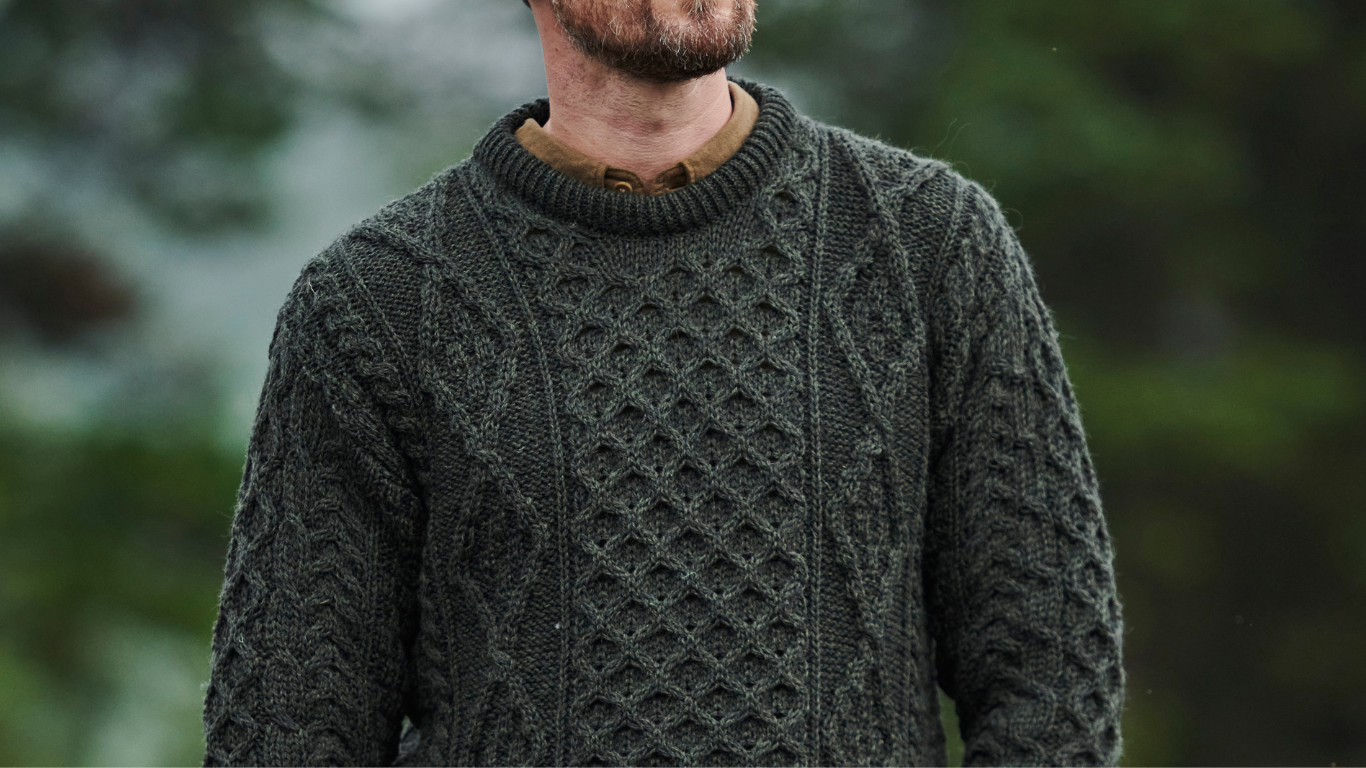
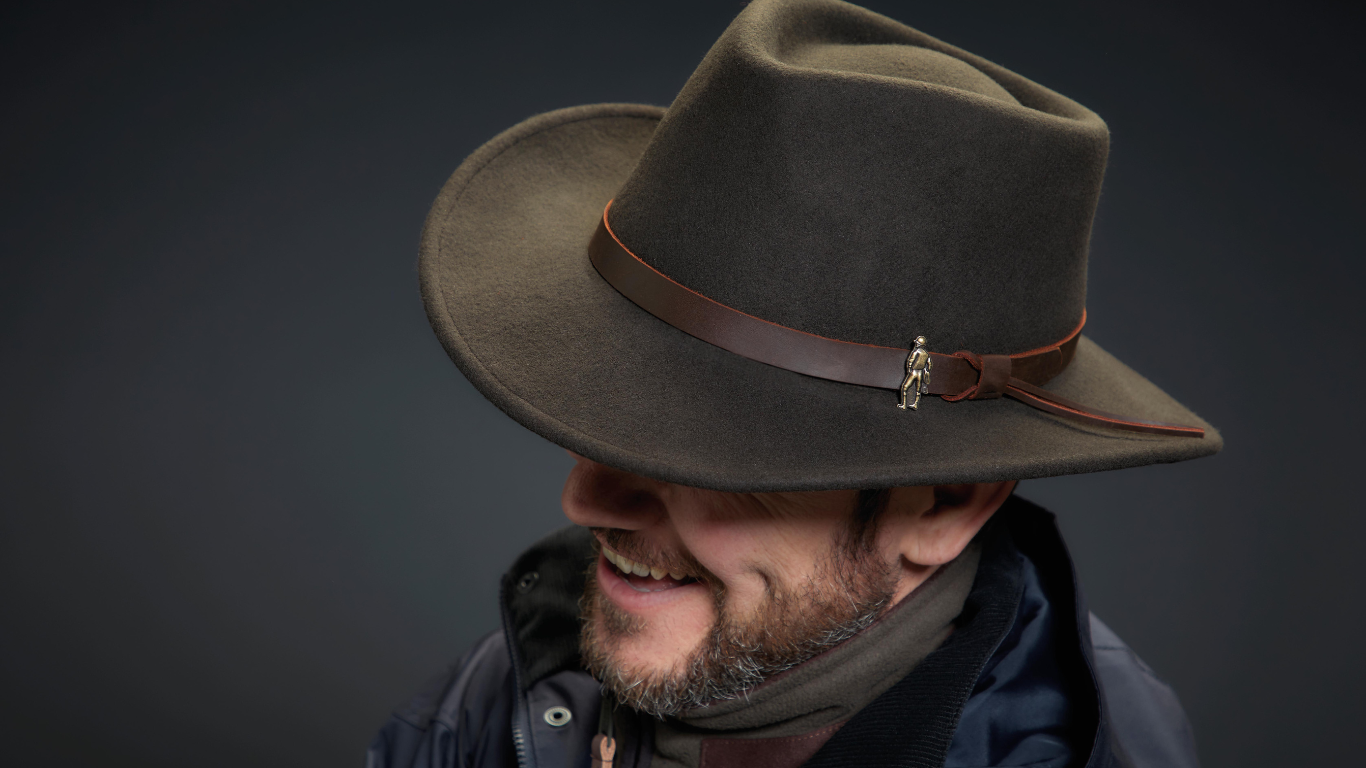


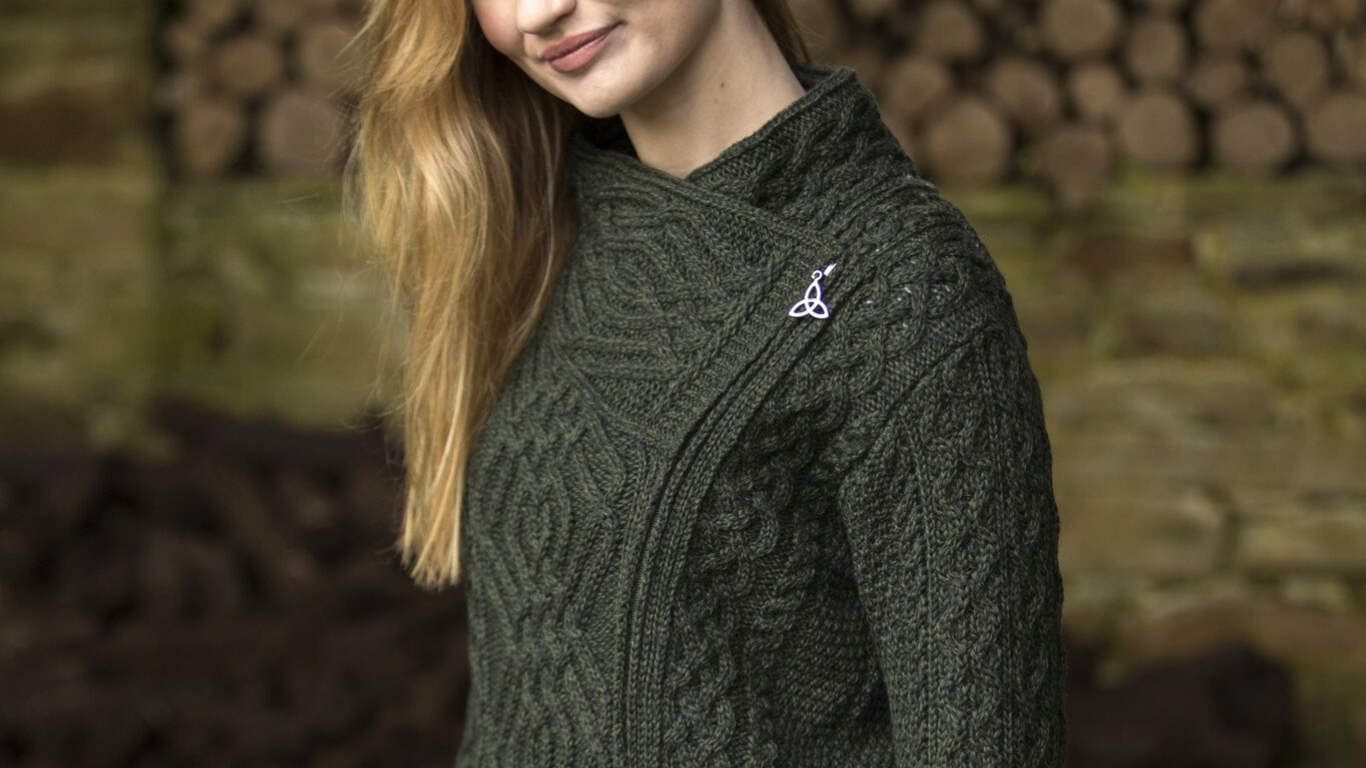



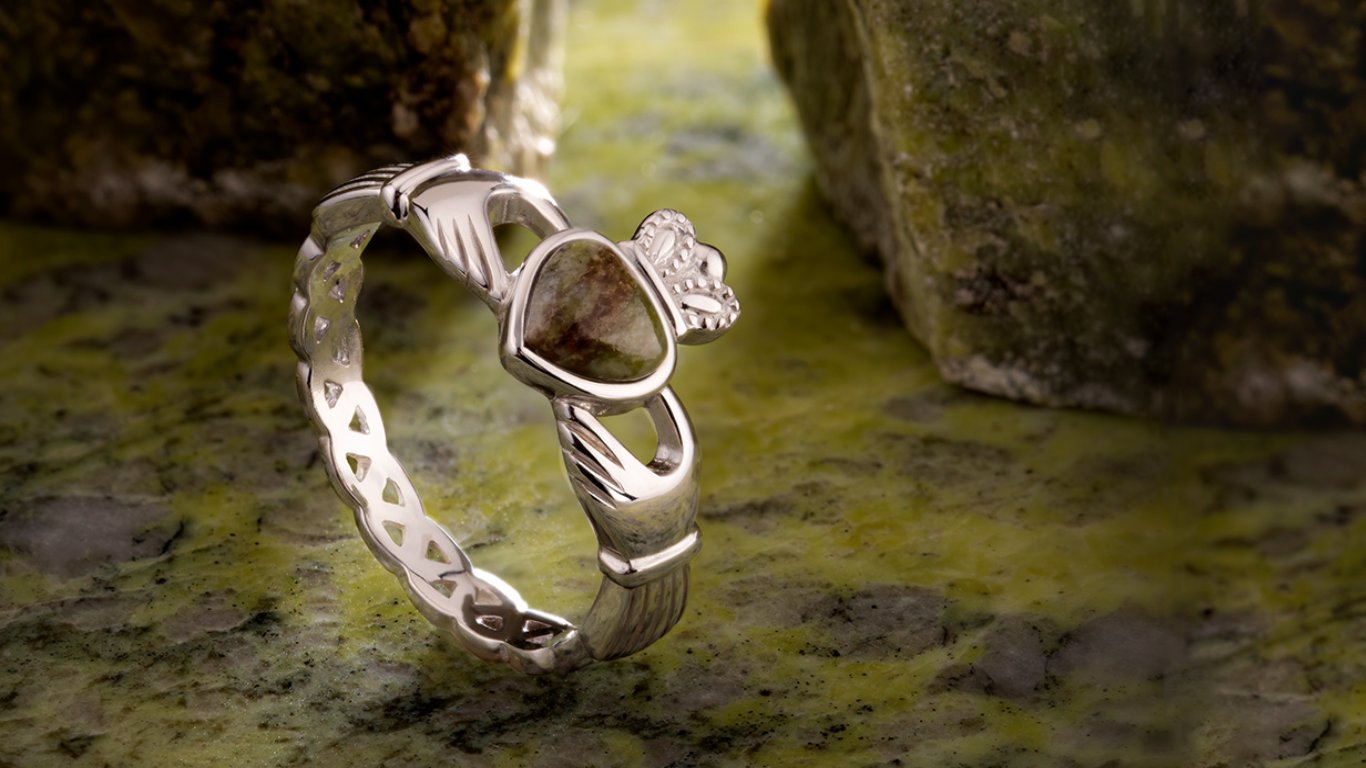
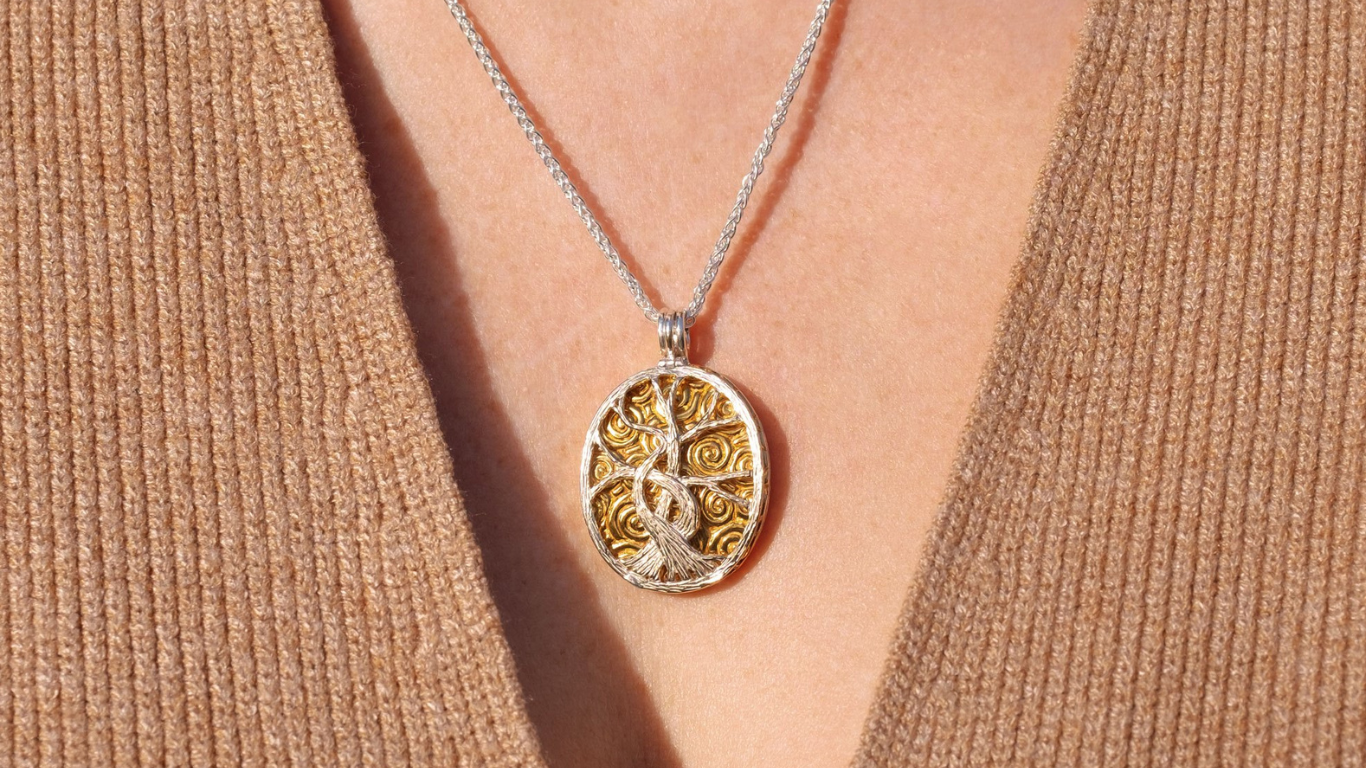

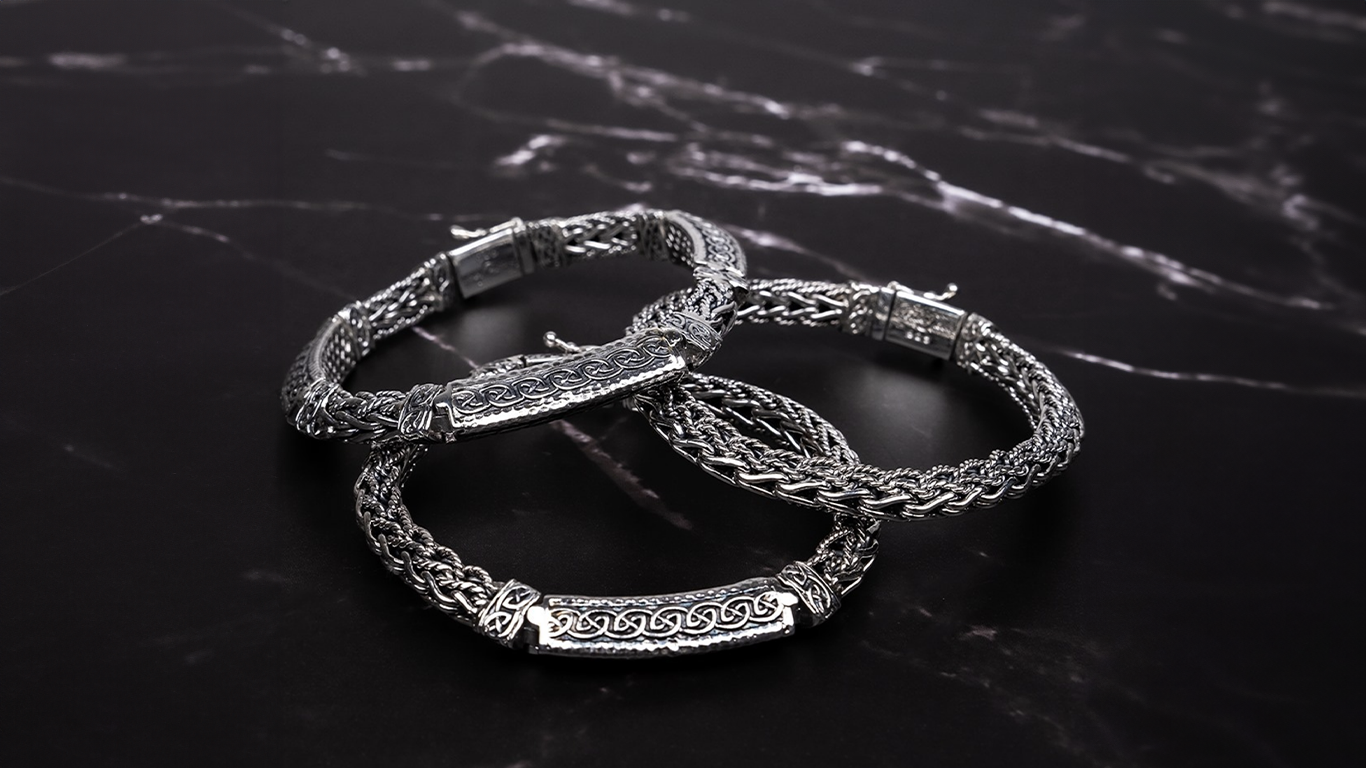

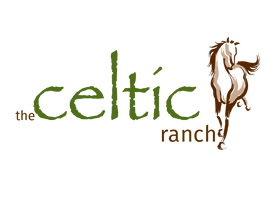




Leave a comment